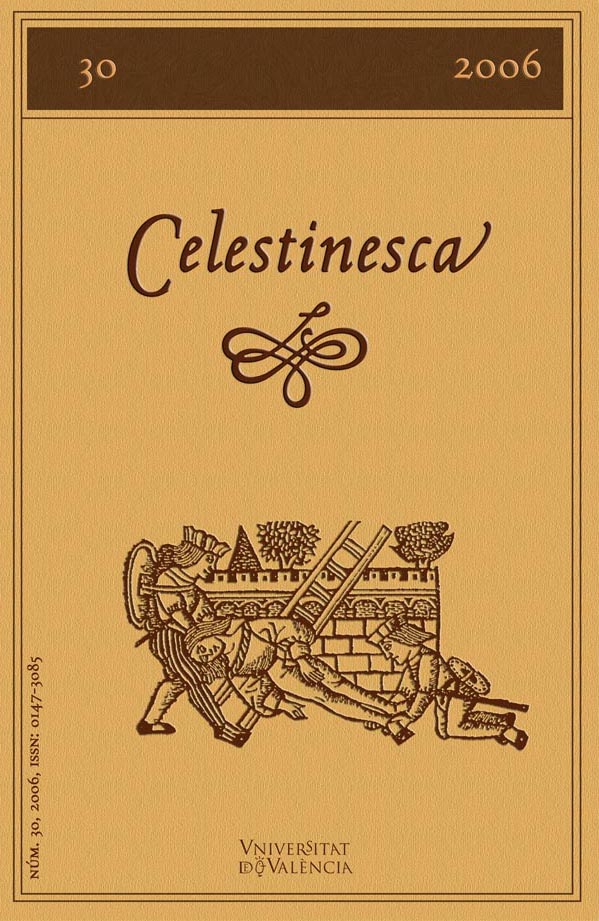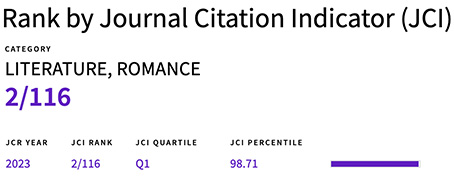Celestina – a Spanish Novel on the East German Stage before and after German Reunification
DOI:
https://doi.org/10.7203/Celestinesca.30.20060Keywords:
Celestina, translation, theatre, Germany Abstract
Abstract
This study compares two East German adaptations of Celestina —written before and after German Reunification in 1990. Both adaptations change Fernando de Rojas’ story line in very different ways. While Karl Mickel introduces two members of the Inquisition into the ensemble of the protagonists who plan and direct the plot, Manfred Wekwerth introduces the figure of a hypocrite priest and also intensifies Celestina’s greed and entrepreneurial abilities by adding more dialogues between her and her accomplices that circle around the word «money».The reasons for these different changes are sociopolitical. While Mickel uses Fernando de Rojas’ text to have a critical look at East German reality before the fall of the Wall with its omnipresent state police, Wekwerth uses the same text to express his unhappiness about the introduction of market economy in this part of the world.
 Downloads
Downloads
Downloads
Published
How to Cite
-
Abstract389
-
PDF (Español)147
Issue
Section
License
![]() Celestinesca is committed to the dissemination of knowledge, that is why access to its contents is free and is ruled by a Creative Commons Attribution-NonCommercial-NoDerivatives 4.0 license.
Celestinesca is committed to the dissemination of knowledge, that is why access to its contents is free and is ruled by a Creative Commons Attribution-NonCommercial-NoDerivatives 4.0 license.
Authors retain the rights to their works. Therefore, they can disseminate them and deposit them in the repository, institutional or not, that they wish. However, they are kindly requested to do so by providing the full bibliographic reference and the corresponding DOI.
Celestinesca does not charge authors for submitting, processing, reviewing or publishing their articles.





